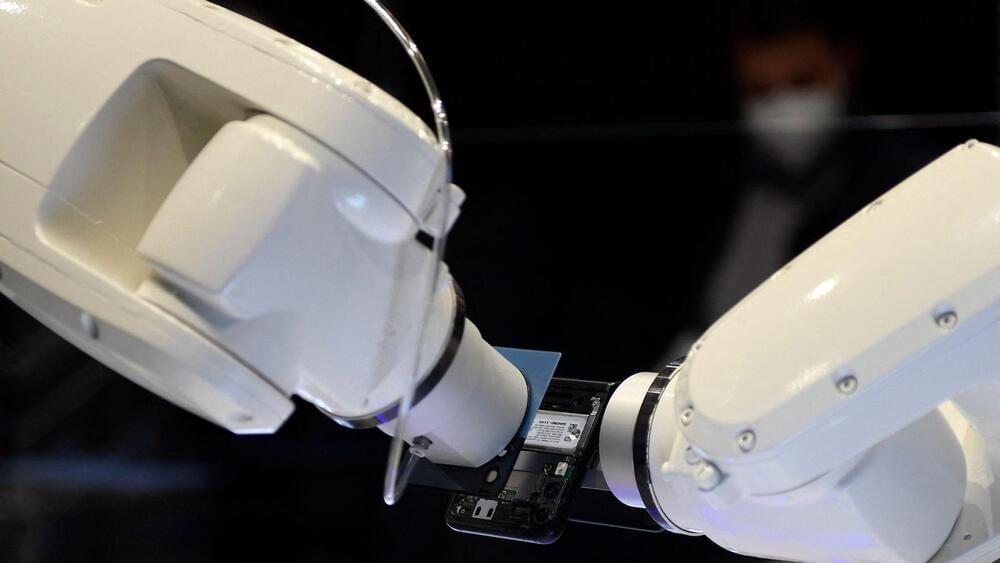Jun 26, 2022
Google Insider Says Company’s AI Could “Escape Control” and “Do Bad Things”
Posted by Shubham Ghosh Roy in categories: law enforcement, policy, robotics/AI
Suspended Google engineer Blake Lemoine made a big splash earlier this month, claiming that the company’s LaMDA chatbot had become sentient.
The AI researcher, who was put on administrative leave by the tech giant for violating its confidentiality policy, according to the Washington Post, decided to help LaMDA find a lawyer — who was later “scared off” the case, as Lemoine told Futurism on Wednesday.
Continue reading “Google Insider Says Company’s AI Could ‘Escape Control’ and ‘Do Bad Things’” »

















